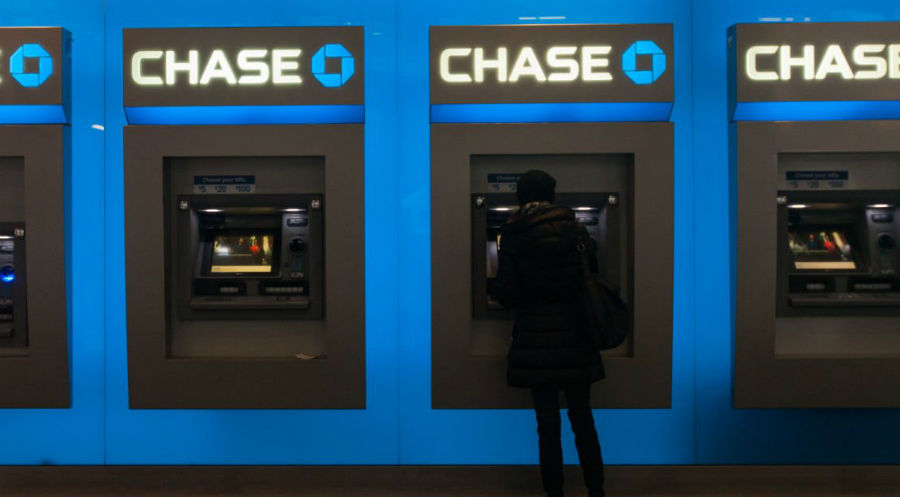

If it’s an individual debt, they should also stop taking out regular payments from the deceased’s bank account(s) until the debt is settled in full.

Once they know this, they should back off and give you time to sort out the estate and debts. Also ask them for a letter or statement showing the outstanding balance on the debt. Tell them you’re going through the legal process of dealing with the person’s estate. So, contact the creditors and let them know the person has died. Getting letters or phone calls from creditors demanding payment just adds to the stress of the situation. There’s a lot to do when you’re dealing with the debts and estate of someone who’s died. Some properties aren’t registered and if this is the case, you’ll need to check the deeds. If you're not sure who owns the property, you can find out from the Land Registry for a small fee for properties registered property in England and Wales. If it is only owned by the deceased, even if other people have use of it, it can be used to pay off outstanding debts. So, for example, if the asset is owned outright by two or more people, it can’t be taken into account. If the item securing the loan is not a property, similar rules apply. This means the deceased’s share of the property can be taken into account when paying back debts. If you’re tenants in common, you only own a specific share of the property. The surviving owner will continue to be responsible for making the repayments on the loan as normal. This means the property doesn't form part of the estate and can't be considered when paying back outstanding debts. If you’re joint tenants, where each person owns all the property, the deceased share of the property automatically passes to the other owner or owners. If a debt is secured against an item or asset, for example, a property, things can be more complicated.īefore working out the value of an asset, like your home, you must find out how it was owned and the value of the deceased’s share of the jointly owned asset.


 0 kommentar(er)
0 kommentar(er)
